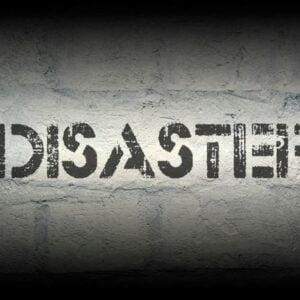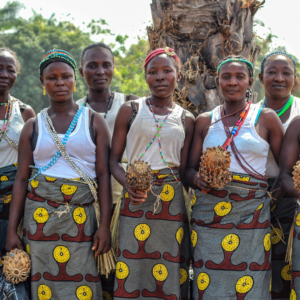On this year’s International Day for Disaster Risk Reduction, observed under the theme Fund Resilience, Not Disasters, global leaders highlighted that most of the enormous costs caused by disasters are preventable through proper funding and planning. Amy Pope, chief of the International Organization for Migration (IOM), emphasized that every dollar invested in resilience saves far more in avoided losses and protects vulnerable populations, urging a shift from reactive disaster response to proactive resilience-building.
In 2024 alone, nearly 46 million people were displaced by disasters, marking the highest number ever recorded, yet disaster risk reduction remains severely underfunded. UN Secretary-General António Guterres warned that disasters, accelerated by the climate crisis, are multiplying and amplifying, devastating lives and livelihoods while erasing decades of development gains. He estimated that indirect disaster costs—encompassing broader social and ecosystem losses—amount to nearly $2 trillion annually.
Different regions face distinct natural hazards, and vulnerable communities bear the heaviest toll. Earthquakes, floods, storms, droughts, and heatwaves have caused most direct disaster costs over the past two decades, while events such as wildfires in Europe and the Americas and earthquakes in Myanmar and Afghanistan show that no country is immune. In South Sudan, annual floods damage houses, farmland, and schools, forcing displacement and worsening food insecurity. IOM-supported projects, such as dykes, have helped protect farmland and restore livelihoods, demonstrating how disaster prevention can mitigate human suffering.
The International Day for Disaster Risk Reduction, established in 1989, aims to foster a global culture of risk-awareness and highlight community efforts to reduce disaster exposure. Leaders stressed that the severity of disaster impacts depends on decisions made by governments and the private sector, infrastructure strength, preventive investments, and protection of the most vulnerable. This year’s call emphasized increasing disaster risk funding and developing risk-adapted, resilient private investments, with Guterres urging a coordinated global commitment to minimize exposure and vulnerability and build a safer, more equitable future for all.







